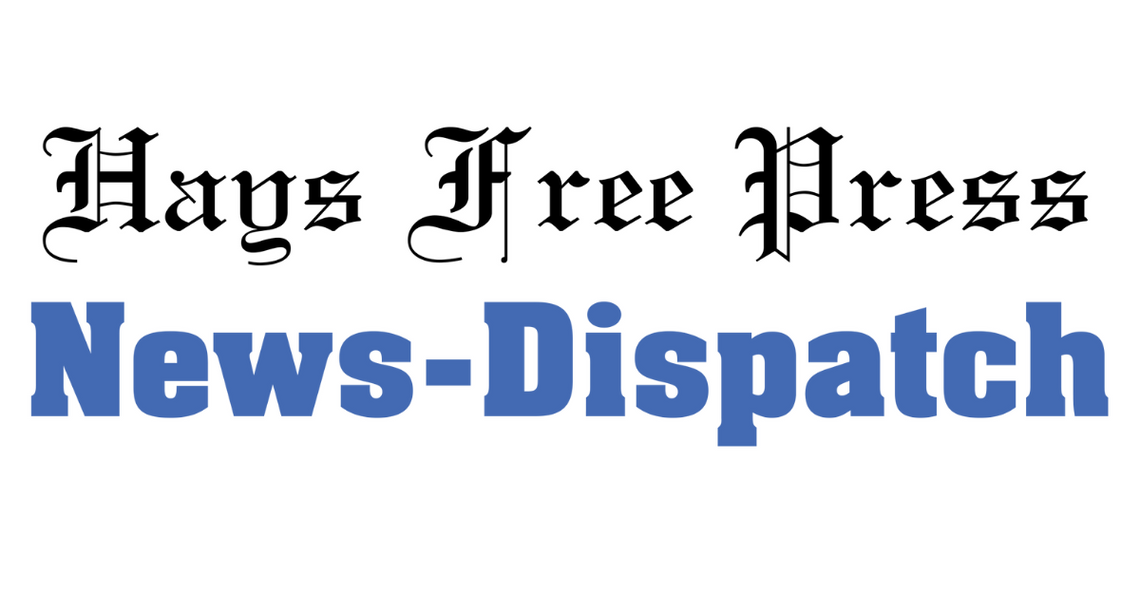AUSTIN — District 45 Texas State Rep. Erin Zwiener provided updates on discussions occurring at the capital during the Kyle Area Chamber of Commerce Legislative Update Luncheon March 25.
Zwiener was unable to attend in-person, as the legislative session is ongoing at the capitol, so a prepared video was presented to attendees.
“[I wanted] to give you all a quick update about what is going on in the legislative session. I think the first big thing to know is that we have a $24 billion budget surplus and the budget is the one document we have to pass every single legislative session,” said Zwiener. “The budget is a statement of our values, a statement of what is important for us to invest in.”











